The end of the pandemic? "A very important milestone"
The coronavirus has been with us for more than two years and there is almost no country where at least someone has not been infected.
Sunday, 02.01.2022.
15:20

The end of the pandemic? "A very important milestone"
The infection has completely changed our lives, it has taken its death toll, crippled the economy, brought health systems into unprecedented crises.This is not the first pandemic to hit humanity (and probably not the last), but as all the previous ones are over, one of the burning questions is how and when it will end.
The SARS-COV2 virus appears to be here to stay, but that doesn't mean it will continue to spread in the form of a pandemic.
Scientists and officials have different predictions about that. The global pandemic should end in 2022, say the officials of the World Health Organization. "2022 must be the end of the COVID-19 pandemic," said WHO Director-General Dr Tedros Adhanom Ghebreyesus, speaking at the organization's latest planned 2021 briefing on the coronavirus.
Tedros said that he believes that the pandemic will end in 2022, because, two years after the situation began, "we know the virus very well and we have all the tools (to fight it)."
He said WHO projections show that vaccine supplies should be sufficient to immunize the entire adult population in the world and that boosters should be given to high-risk populations by the first quarter of 2022. The big problems that needed to be overcome were the "efficient use of all tools" and especially the "fairness" of vaccine distribution.
"If we don't vaccinate the whole world, I don't think we can end this pandemic," he concluded. Meanwhile, Chinese health officials are cautious about making predictions.
Some said they had not yet seen any tangible evidence showing that the pandemic was waning.

"But the most important thing is that the WHO can really play a leading role in some critical preconditions, such as ending inequalities related to vaccines and researching new vaccines and drugs," Yin said.
An Beijing-based immunologist, who asked to remain anonymous, told the Global Times that there was no evidence to say that the pandemic was over, because "we do not have very effective vaccines and the variants are constantly mutating."
Bill Gates, a billionaire and entrepreneur who often deals with vaccination and global health issues, also believes that the pandemic could end in 2022. "I still believe that if we take the right steps, the pandemic could end in 2022," Gates said.
Sarah Peyton, a professor of epidemiology at Wright University in the United States, says the pandemic will end when enough people gain immunity from the virus through infection or vaccination, which means there will be far fewer cases of serious illness and death.
Then COVID-19 will become endemic, so it will still be present, but it will be easier for us to deal with it, such as seasonal flu or cold.
"We know that the pandemic will come to an end, it's only a matter of time. I guess it will be in 2022, maybe later in the year, but I can't say for sure. Maybe it will happen in 2023," Peyton said.
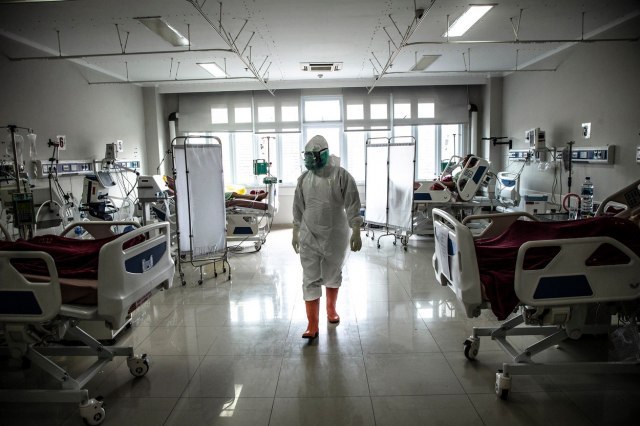
Dr Paul Offit, the creator of the rotavirus vaccine, believes that it is more likely that we will continue with a normal life in 2023.
"I think we will get to the point where we are pleased that the number of cases and deaths is low enough that we do not feel that we need to change our lives anymore... At some point in 2023, life may look the same again," he said.
Will it last longer though?
The coronavirus pandemic will not be behind us until 2024, predicts the company Pfizer.COVID could then become an endemic disease, which means that instead of a global emergency, it will become a constant presence that causes regional outbreaks of the flu-like infection around the world, Pfizer representatives said. Mikael Dolsten, a scientist from the Pfizer company, said that the future of the virus depends on vaccines and treatment.
"When and how exactly this will happen will depend on the evolution of the disease, how effectively society applies vaccines and treatments, as well as fair distribution in places where vaccination rates are low. The emergence of new variants may also affect how the pandemic continues," Dolsten said for CNBC.
Dr Nicholas Christakis from Yale University previously made a similar prediction in an interview with CNN.
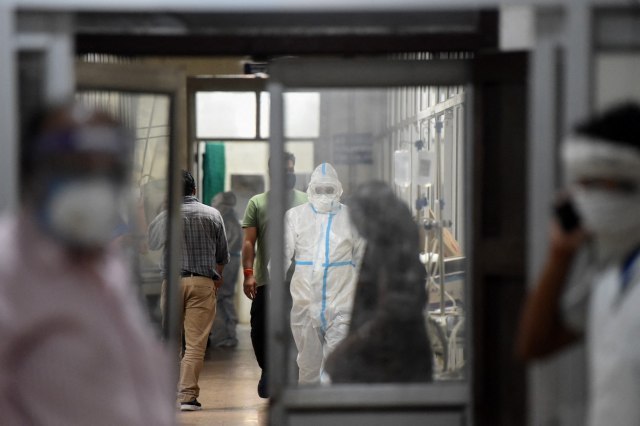
"And then we will enter the interim period of the pandemic, which will last for a couple of years until 2024," he said. Then the period after the pandemic can really begin, Christakis said.
"At that point, the biological and epidemiological force of the epidemic will be behind us. The virus will still be there. It could still infect people, even kill some people, but it will no longer have the epidemic power it once had", he said.
How and when this pandemic will end depends to a large extent on all of us. Scientists agree that vaccination is the best way to prevent the emergence of new strains and their spread.













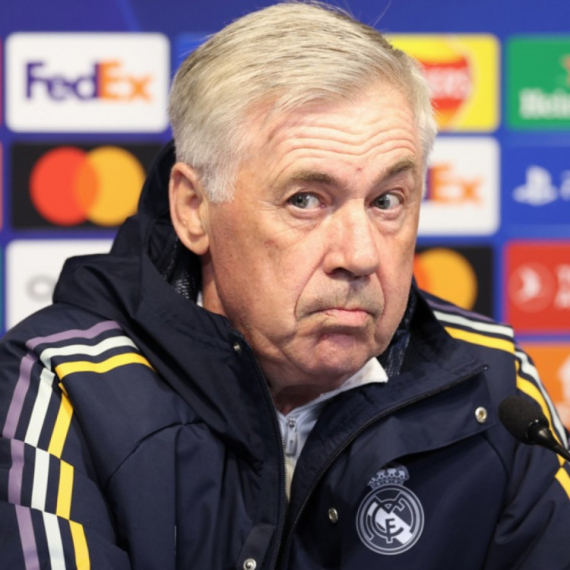




















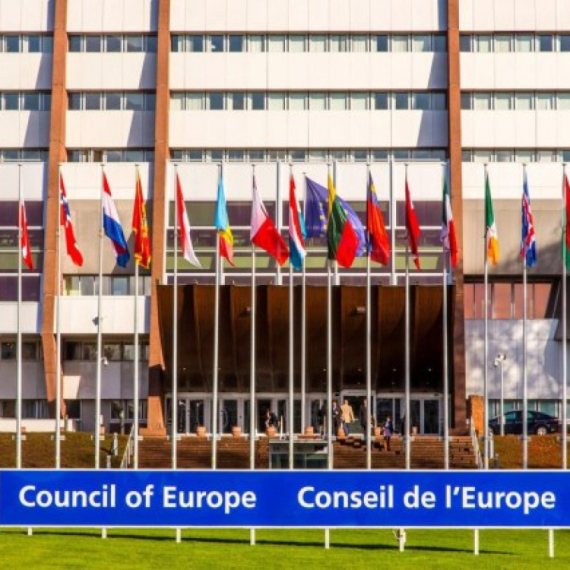





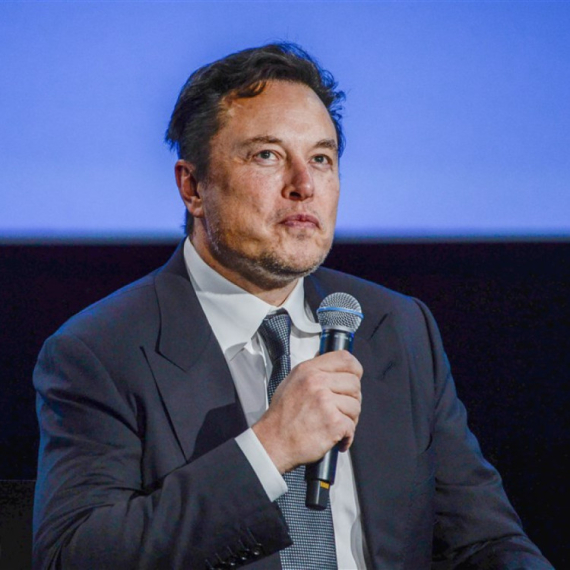














Komentari 0